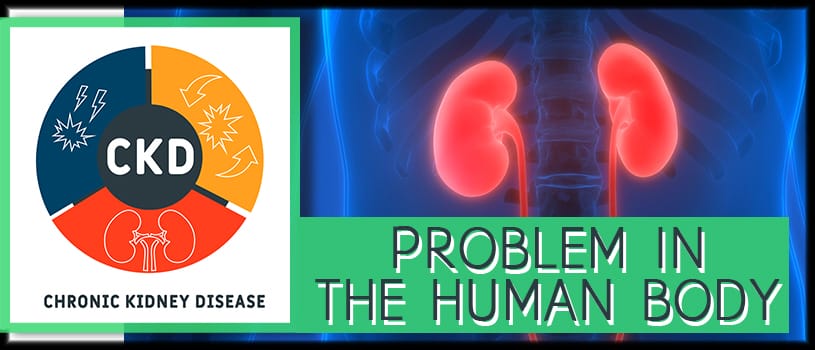Kidney disease refers to a condition in which the kidneys lose their ability to function well. Most of the time, kidney disease is referred to by the name chronic kidney disease, while there is acute kidney disease also. Acute kidney disease is the sudden decline in kidney function that hampers the quality of life of patients, although treatable.
Chronic kidney disease, on the other hand, is a drop in the kidney’s ability to function over an extended time period. CKD is life-threatening and requires intensive medical intervention. The treatment of kidney disease in Ayurveda works the best in overall health recovery. Ayurveda offers a promissory result because the medicinal herbs tend to eliminate the root cause and so assure permanent recovery of the kidney function.
Let’s learn more about chronic kidney disease in details:
Who is more likely to develop CKD?
Chronic kidney disease may occur in anyone, but some peopel are more at risk of it.
You likely get CKD if you have:
Diabetes: Diabetes is the leading cause of CKD because the kidneys rely on a healthy and continuous blood flow for their functioning. When someone has diabetes, an increase in blood sugar results in damage to the blood vessels hampering the blood filtration process.
Hypertension: High blood pressure is another leading cause of chronic kidney disease. High blood pressure weakens the blood flow because of too much pressure.
Heart disease: Research has shown a link between kidney disease and heart disease. People with heart disease are at greater risk of kidney disease and so do kidney patients are at risk of heart disease.
A family history of kidney failure: If your mother, father, sister, or brother has had kidney disease, you are at risk for chronic kidney disease. There is a connection between kidney disease and genetics.
Age: Research has shown a decrease in the nephrons as we age. The longer you have had diabetes, high blood pressure, the more is your risk.
What are the symptoms of CKD?
In the initial stages, one may or may not have any apparent signs to rule out CKD. You may feel fine but not realize that your kidneys are not working well.
The symptoms arise when CKD has advanced to late-stage, so the only way to know about chronic kidney disease is to go for a blood and urine test.
As kidney disease gets worse, the fluid and waste start to retain in the blood. This leads to a condition called edema, swelling in the hands and feet. Fluid retention in the internal organs of the body likely raises the risk of potential health issues.
Symptoms of CKD in the late stages may include:
- chest pain
- dry skin
- itching or numbness
- feeling tired
- headaches
- increased or decreased urination
- loss of appetite
- muscle cramps
- nausea
- shortness of breath
- sleep problems
- trouble concentrating
- vomiting
- weight loss
- bone disease
- malnutrition
- anemia
How does CKD affect your routine life?
Experiencing CKD can be intimidating. It is a generalized myth that CKD means dialysis but let it be the myth only. Not everyone with CKD needs dialysis. Initially, CKD can be managed well with the help of a diet plan and the treatment for CKD in Ayurveda. You can continue to live your life like usual if your approach to the disease is right. Changes in the diet and ayurvedic interference help boost your immune system and protect your kidneys.
Ayurveda works on your overall health. This line of treatment helps to eliminate the need for dialysis and transplant later in life. Ayurveda is a promissory solution to combat many of the complications brought in by kidney failure. The aggravation of doshas, which is the prime cause of any changes in bodily function, is calmed with the help of medicinal herbs. Further, detoxification of the body using some ancient therapies ensures overall health.

